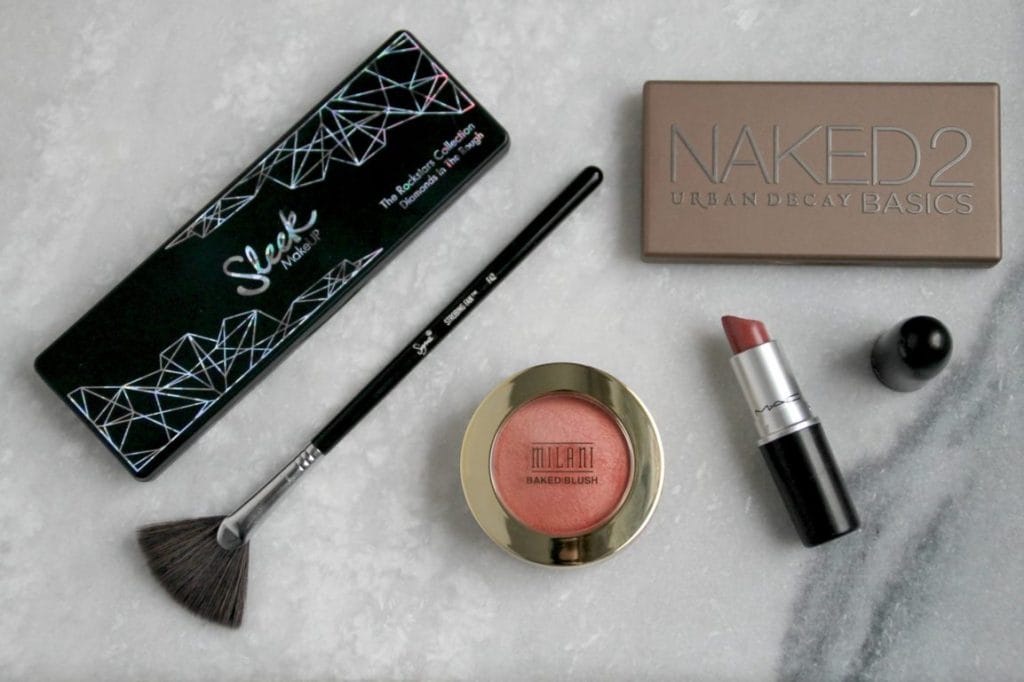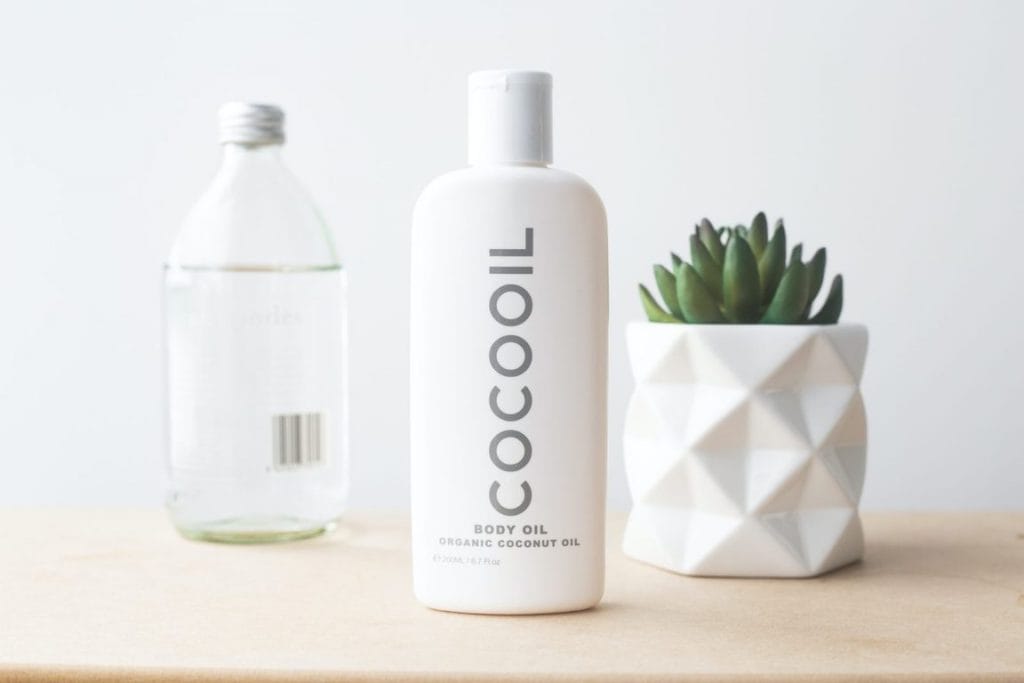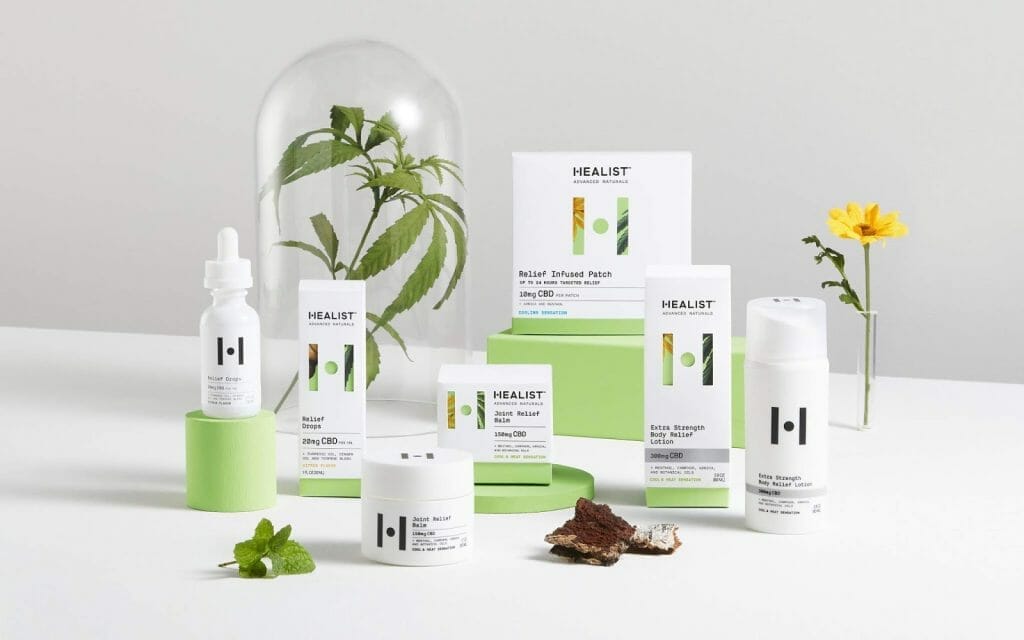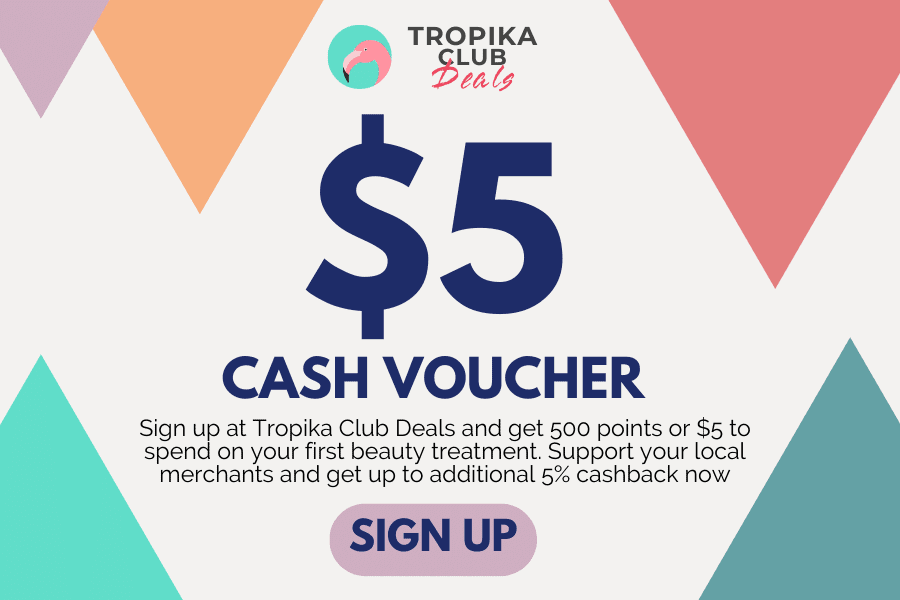How the COVID Pandemic is Changing the Beauty Industry & Sustainability
Coronavirus has wreaked havoc on the world economy, but its impact on sustainability efforts has been more mixed. How would this pandemic shape the beauty industry, specially when it comes on its role on sustainability. Tropika Club finds out more in this in-depth article.
No Time to Read? Here’s a Snappy Summary of This Article
- Rise in online beauty sales: The COVID-19 pandemic has led to a significant increase in online beauty sales as consumers turn to e-commerce platforms for their beauty needs.
- Growing demand for clean and natural products: There is a growing demand for clean and natural beauty products as consumers prioritize health and wellness during the pandemic.
- Focus on self-care and wellness: The pandemic has sparked a greater emphasis on self-care and wellness, leading to a shift in consumer preferences towards beauty products that promote relaxation and stress relief.
- Virtual beauty consultations and experiences: With social distancing measures in place, virtual beauty consultations and experiences have become popular, allowing consumers to receive personalized advice and try out products from the comfort of their homes.
- Increased hygiene and safety measures: Beauty salons and spas have implemented enhanced hygiene and safety measures to reassure customers, including the use of personal protective equipment (PPE) and strict sanitization protocols.
- Rise of DIY beauty treatments: Due to limited access to professional beauty services during lockdowns, many consumers have turned to DIY beauty treatments, leading to an increased demand for at-home beauty products and tools.
The COVID Pandemic
Over the past two months, there are lighthearted reports of jellyfish swimming within the Venice canals, where the water has cleared up thanks to a discount in boat traffic and pollution, and goats running amok in an exceedingly town virtually abandoned by humans. There are reports that babies are likely to turn healthier in cities like Beijing as air quality has improved. There’s also a brand new “nature is healing” meme that mocks the fabricated news stories round the topic. But the pandemic has also reintroduced single-use plastic bags and proliferated the utilisation of plastic latex gloves. What’s more, because the Atlantic reported, sustainability historically takes successful when economies reemerge from pandemics.
The conflicting reports on the present and future status of the environment leave industries like beauty in an exceedingly conundrum. Influential players have repeatedly stated commitments to sustainability in recent years, although these efforts are arguably facile given the 153 billion units of plastic the industry produced in 2018. But the new normal of the pandemic provides the chance to reset not only to cultural values and social norms, but also business priorities. Sustainability plans can be thrown out the window to save lots of on production and margins, though there are no confirmations that this has occurred, but it could even be a chance to specialise in the “reduce” component of “reduce, reuse, recycle.”

“Sustainability are far more important,” said Sylvie Chantecaille, founding father of Chantecaille. “People are visiting think more [about their consumption] because they need time reception to think and to appreciate what’s essential.”
Chantecaille previously told Glossy that she is functioning for the primary time to develop paper compacts using post-consumer recycled paper for future products, and is getting to get obviate makeup bags that come as a present with purchase and also reduce all printed materials. Randi Christiansen, Necessaire co-founder, echoed Chantecaille’s sentiment that individuals have become more responsive to reducing consumption as a results of slowing down. “Awareness is that the opening move to vary,” she said. Nicola Kilner, Deciem co-founder and CEO, said during a recent Glossy+ Talks that she predicts people will begin to note the negative impact that mass online shopping and delivery will wear the environment. Kilner is monitoring this to tell the company’s future omnichannel strategy.
“It starts really with reducing packaging the maximum amount as possible, and so gazing materials and seeing if can we use materials that have a positive impact on the world,” said Walter Faulstroh, co-founder and CEO of Hum Nutrition.
Meanwhile, check out Tropika Club’s Ecosystem of Websites
What Now for Recycling?
Hum Nutrition’s bottles and caps are fully recyclable since the brand’s launch in 2012, and also the bottles have not had additional external packaging. On Earth Day, Hum announced its transition to ocean-bound plastic, which is sourced from areas where items could find yourself within the ocean. Faulstroh declined to say the name of the plastic partner, but in keeping with the FDA, it costs about 20 cents more per pound to source ocean-bound plastic than domestically sourced scrap plastic. Hum will start rebuke customers more in-depth about the new material and what it means via social media once products enter the market at the tip of 2021. After the implementation of ocean-bound plastic, Hum will make the raid a totally circular economy within which packaging isn’t wasted or required to be recycled because it will be reused because it is. Hum has contracted with sustainable product design studio Better Future Factory to assist it identify additional sustainable opportunities and achieve its goals.
“When I saw what is going on with this global pandemic, I felt even more strongly about sustainability, and that we have to act faster, instead of slower,” said Faulstroh. “The pandemic highlights how we connect on this planet and the way one action in one country impacts the action of another.”
At the identical time, Faulstroh concedes that it’s impossible to predict the longer term of sustainability and said it’s up to the patron to support sustainable brands. But this ends up in the question of where sustainability falls among beauty consumers’ priorities.

Branding vs Sustainability
“Sustainability is at the highest of mind for lots of individuals,” said Michael Bryce, founding father of Healist Advanced Naturals, a CBD ingestible and skin-care brand that launched in April. “But, I don’t think that’s visiting be your primary purpose for purchasing a brand; first and foremost, you’re visiting buy a brand if it works. Unless you’ll deliver on the standard and efficacy of the merchandise, you’re not visiting move the needle on a purchasing decision whether you’re sustainable or not.”
Healist has built sustainability into the ethos of the brand from the beginning, using 100% recyclable packaging and soy-based ink, and it’ll transition to ocean-waste plastic bottles by the tip of the year. He said ocean-waste plastic is double the value of virgin plastic. The brand meant to launch with ocean-waste plastic bottles (which is plastic sourced from waterways), but supply chain issues delayed this, Bryce said. As a month-old brand, the priorities are on building awareness and demonstrating the advantages and quality of the products. Sustainability remains, therefore, a subtle and ongoing discussion around brand values, instead of as a driver to get.

Conclusion
The COVID-19 pandemic has brought about significant changes in various industries, including the beauty industry. Let’s take a look at some of the key transformations that have occurred.
Firstly, online beauty sales have experienced a remarkable surge. As people were confined to their homes during lockdowns and social distancing measures, they turned to e-commerce platforms to fulfill their beauty needs. Ordering products online became the new norm, resulting in a boom in online beauty sales.
Moreover, there has been a growing demand for clean and natural beauty products. With health and wellness taking center stage during the pandemic, consumers have become more conscious of the ingredients in their beauty products. Many individuals are now opting for clean and natural alternatives that prioritize their well-being.
The pandemic has also sparked a renewed focus on self-care and wellness. As stress levels soared and people sought ways to unwind, the beauty industry responded by offering products that promote relaxation and stress relief. From soothing face masks to calming bath products, self-care has become a crucial aspect of the beauty routine.
Additionally, virtual beauty consultations and experiences have gained popularity. With in-person interactions limited, beauty professionals have shifted their services online. Virtual consultations allow consumers to receive personalized advice and recommendations from experts, all from the comfort of their homes. It has become a convenient and safe way to explore new beauty products and routines.
To ensure the safety of customers, beauty salons and spas have implemented enhanced hygiene and safety measures. The use of personal protective equipment (PPE) and strict sanitization protocols have become standard practice. These measures aim to reassure customers and create a safe environment for beauty treatments.
Furthermore, the pandemic has given rise to DIY beauty treatments. With limited access to professional services, many individuals have taken matters into their own hands. DIY beauty treatments have become increasingly popular, leading to a surge in demand for at-home beauty products and tools. From hair coloring kits to skincare devices, people are exploring new ways to maintain their beauty routines independently.
In conclusion, the COVID-19 pandemic has brought about significant changes in the beauty industry. The rise of online beauty sales, the demand for clean and natural products, the focus on self-care and wellness, virtual beauty consultations, increased hygiene and safety measures, and the popularity of DIY beauty treatments are all prominent trends that have emerged during these challenging times.

Frequently Asked Questions (FAQ)
Q: How has the COVID-19 pandemic impacted online beauty sales in Singapore?
A: The COVID-19 pandemic has significantly boosted online beauty sales in Singapore. With people staying at home and social distancing measures in place, online platforms have become the go-to option for purchasing beauty products. Consumers in Singapore have increasingly turned to e-commerce platforms to fulfill their beauty needs, leading to a surge in online beauty sales.
Q: Are there any specific clean and natural beauty brands available in Singapore?
A: Yes, there are several clean and natural beauty brands available in Singapore. Some popular options include local brands like Handmade Heroes, whose products are made with natural and organic ingredients. Another brand is FrankSkincare, which offers a range of skincare products that are free from harmful chemicals. These brands, along with others, cater to the growing demand for clean and natural beauty products in Singapore.
Q: How can I incorporate self-care and wellness into my beauty routine during the pandemic?
A: Incorporating self-care and wellness into your beauty routine during the pandemic is essential for overall well-being. You can start by incorporating relaxation techniques such as using aromatherapy oils or indulging in a calming bath with natural bath products. Taking time for yourself, practicing mindfulness, and engaging in activities that bring you joy are all ways to prioritize self-care and wellness in your beauty routine.
Q: Can virtual beauty consultations provide personalized advice for my specific beauty concerns?
A: Absolutely! Virtual beauty consultations offer personalized advice for specific beauty concerns. By connecting with beauty professionals through video calls or online platforms, you can discuss your skincare issues, receive tailored recommendations, and even get virtual demonstrations of products. Virtual consultations allow for one-on-one interactions and personalized guidance from the comfort of your own home.
Q: How can I ensure the safety of beauty treatments at salons and spas in Singapore?
A: Salons and spas in Singapore have implemented enhanced safety measures to ensure customer safety. When visiting a salon or spa, make sure they adhere to strict sanitization protocols, provide personal protective equipment (PPE) for their staff, and maintain social distancing guidelines. It’s also advisable to book appointments in advance, as many establishments are operating at reduced capacity to maintain safety standards.
Q: What are some sustainable beauty practices I can adopt during the pandemic?
A: During the pandemic, you can adopt several sustainable beauty practices. Start by opting for beauty products that use eco-friendly packaging or offer refillable options. Consider supporting local and sustainable beauty brands that prioritize ethical sourcing and production methods. Additionally, you can reduce waste by repurposing empty beauty containers or opting for reusable beauty tools and accessories.
Meanwhile, Check Out Tropika Club’s Ecosystem of Websites

Tropika Club Magazine – Tropika Club Magazine is a Singapore-based publication that features articles on a wide range of topics with a focus on local businesses and content for the region. The magazine emphasizes supporting local businesses through its #SupportLocal initiative, which includes coverage of everything from neighborhood hawker stalls to aesthetic clinics in town. In addition to highlighting local businesses, Tropika Club Magazine also covers a variety of local content, including beauty, lifestyle, places, eats, and what’s on in Singapore and the Asia Pacific region.
Tropika Club Deals – Tropika Club Deals is a leading online deals and voucher shopping site in Singapore, offering amazing discounts on beauty, wellness, and fitness products and services. It’s the perfect platform for customers who want to discover the best deals without having to commit to a specific appointment date and time. These deals are available at major beauty stores, facial salons, hair salons, and other brands in Singapore, with no minimum spend required. Choose from guaranteed discounted deals in the categories of hairstyling, hair removal, facial & aesthetics, body slimming, brows & lashes, nails & makeup, massage & spa or fitness & wellness. Tropika Club Deals is also ideal for customers who want to buy vouchers as gifts or to use for the future. So whether you’re looking to save money on your next haircut or want to treat yourself to a relaxing massage, Tropika Club Deals has got you covered with the best voucher and coupon deals in Singapore!





